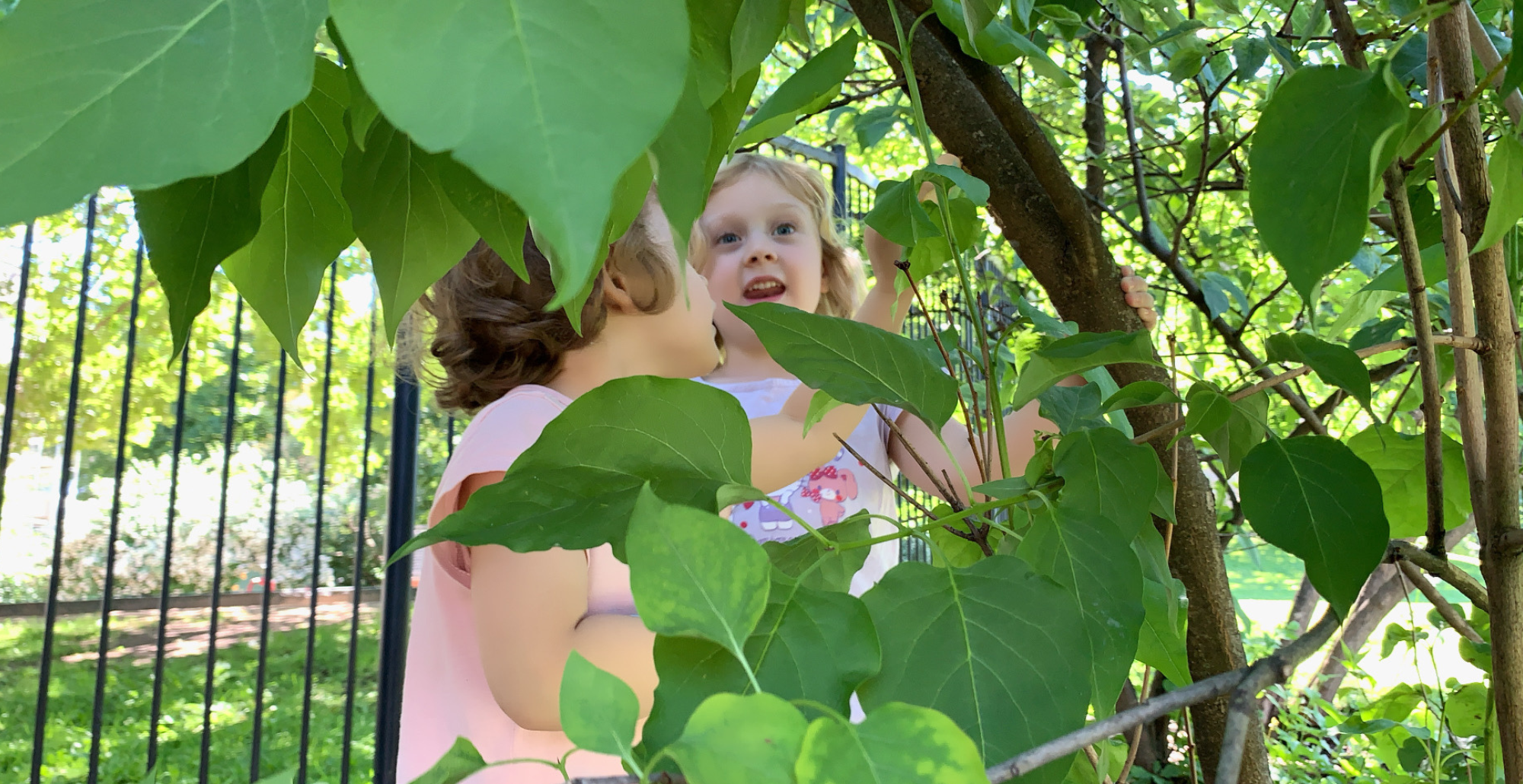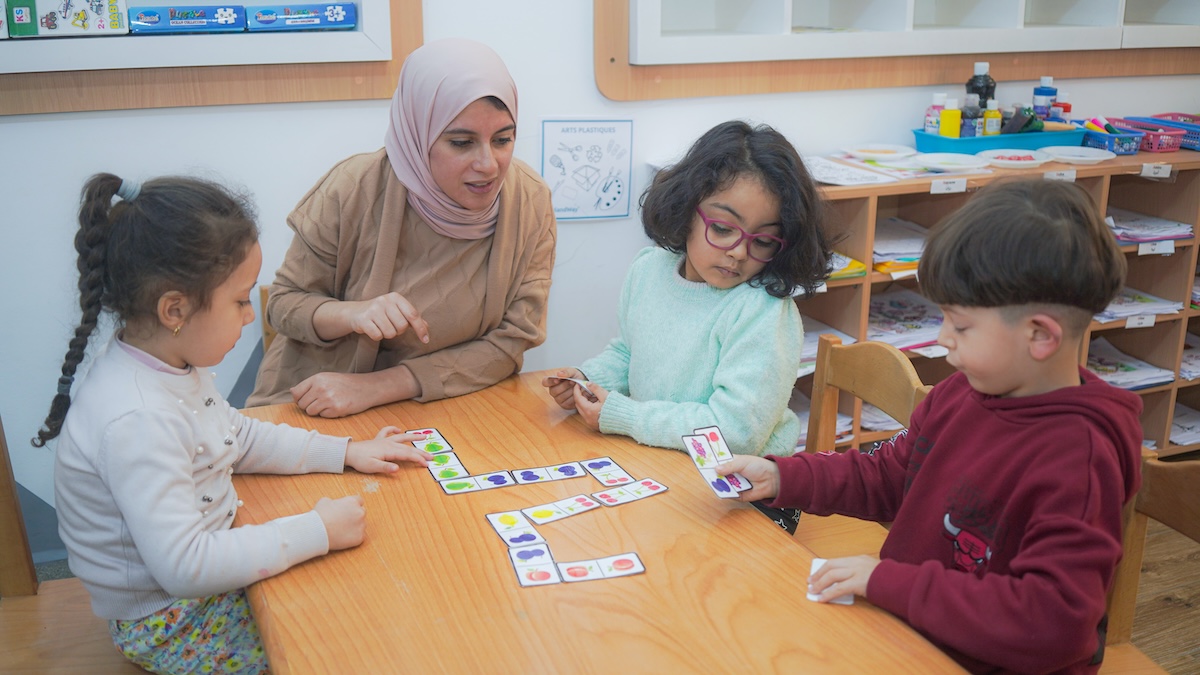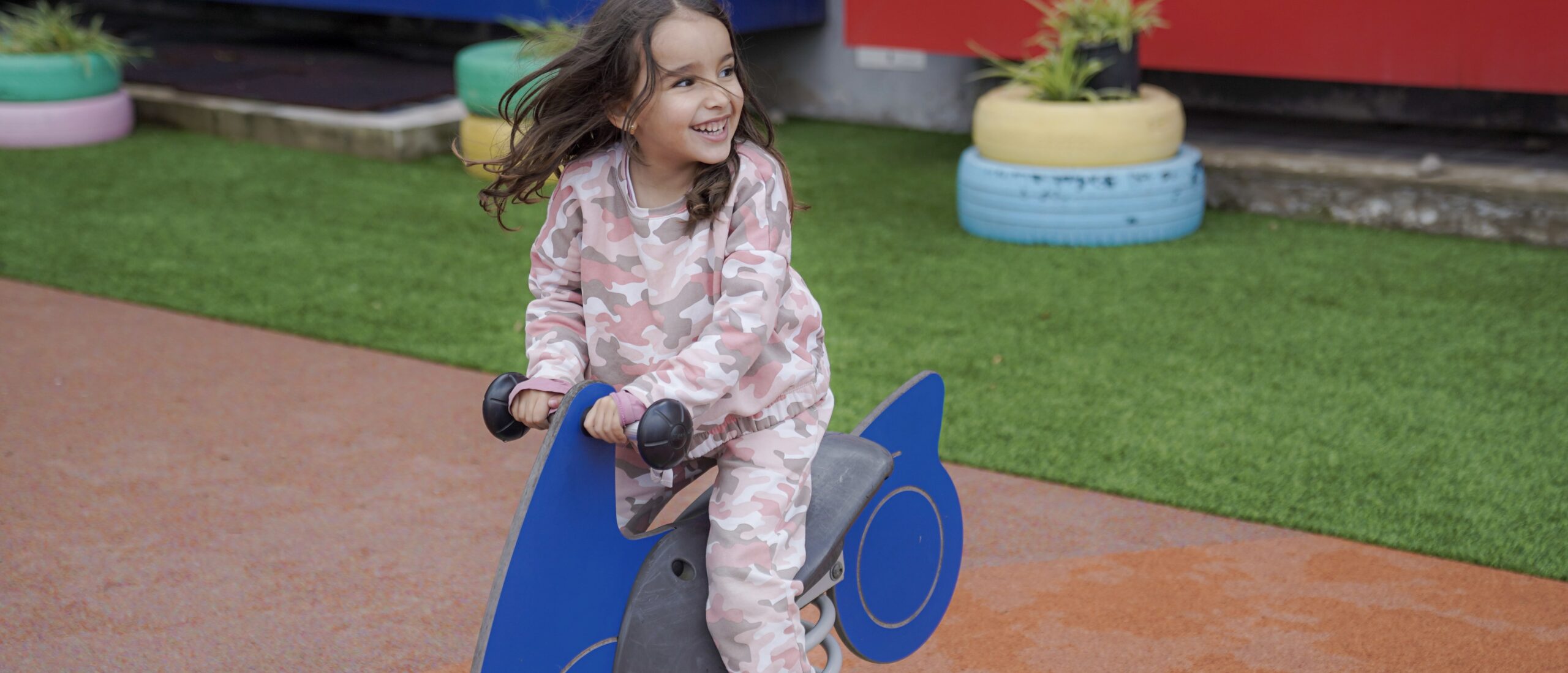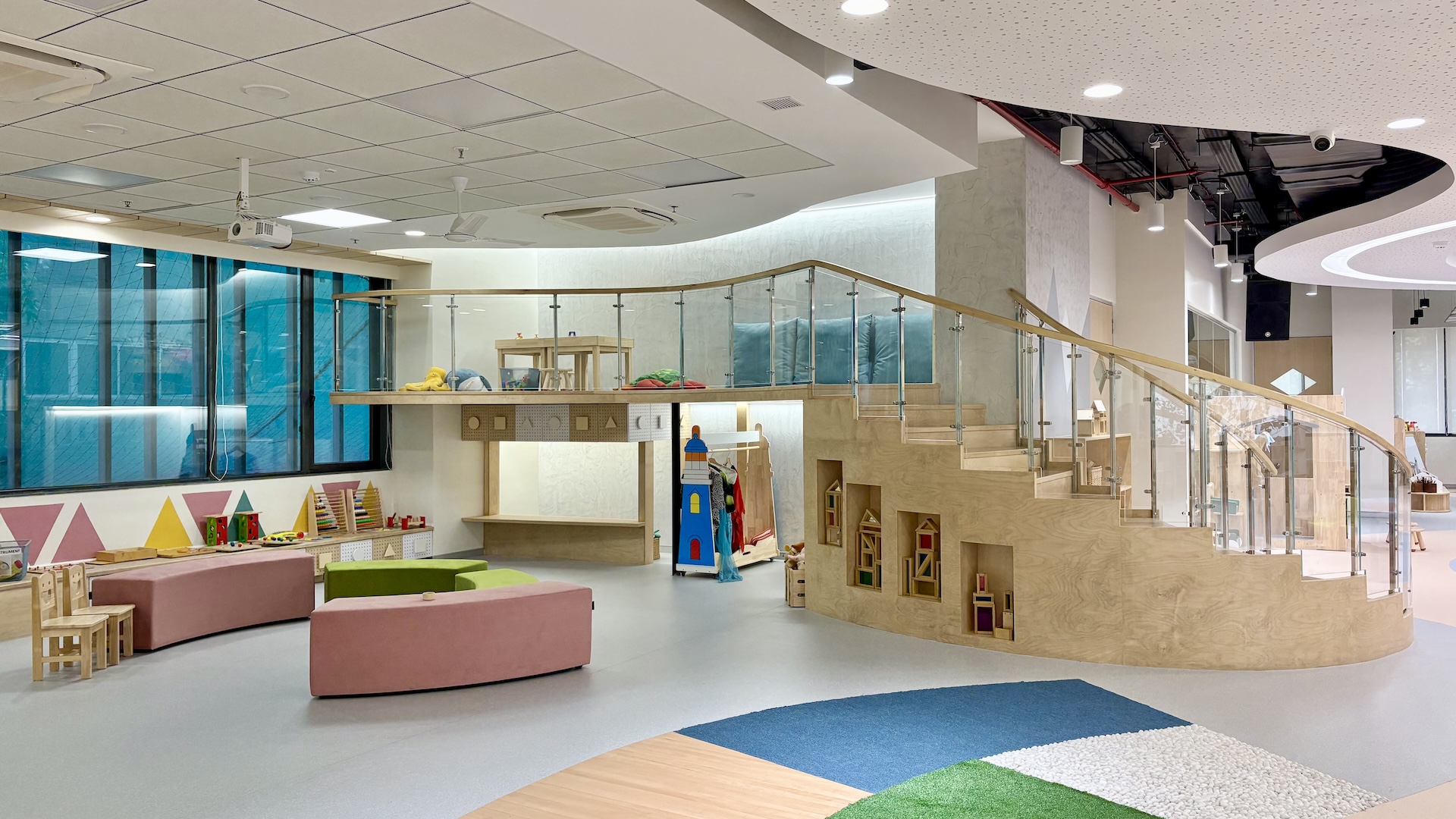When it comes to early childhood education, few countries attract as much global admiration as Finland. In a world increasingly focused on academic benchmarks and performance metrics, Finland offers a refreshing and incredibly effective alternative.
Rooted in trust, equality, and play, Finland’s education model nurtures the whole child from the very start. At FinlandWay® Schools, we bring this proven approach to communities around the world, preparing young minds not just for school, but for life.
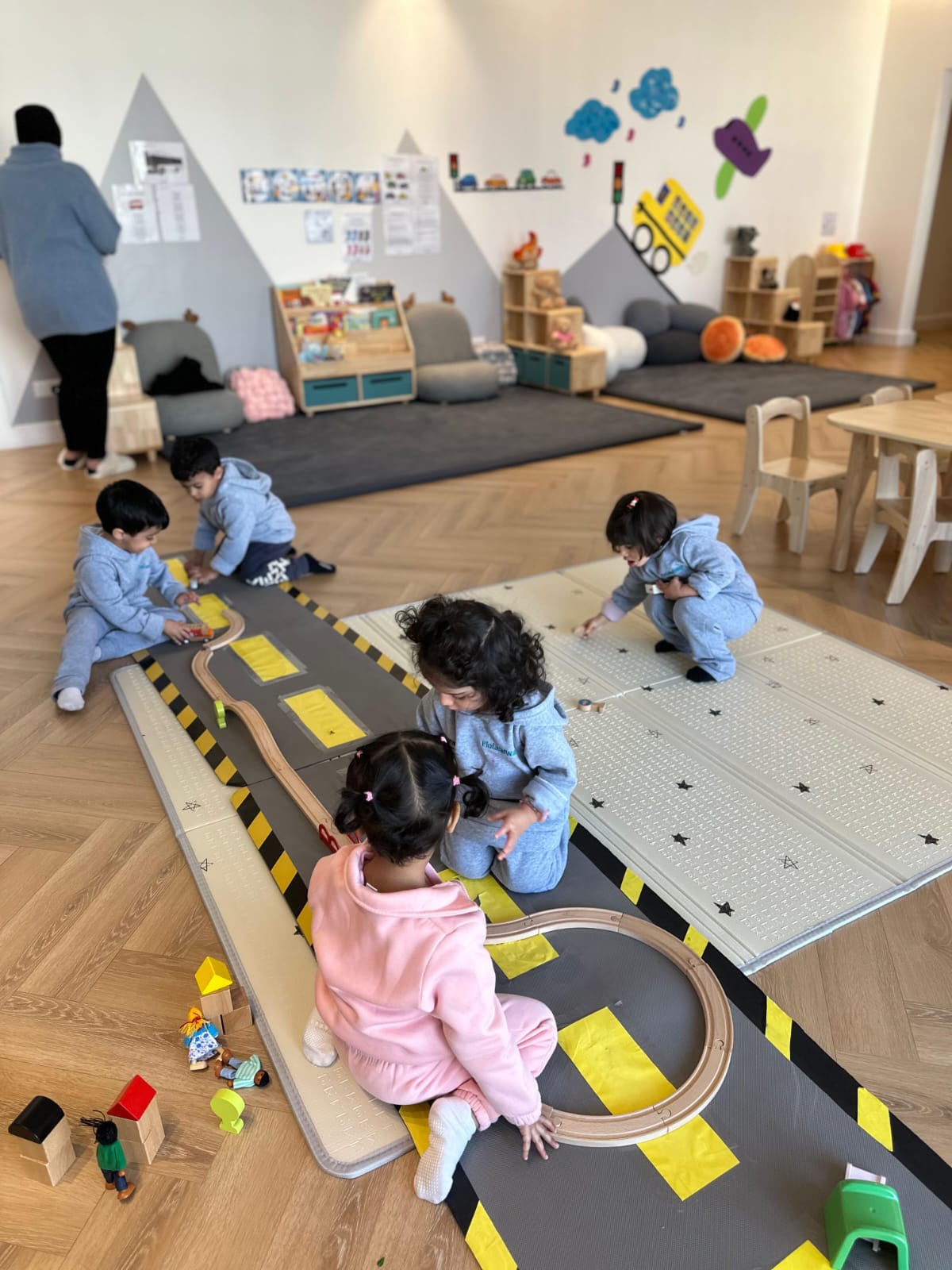
What makes early childhood education in Finland so unique?
A holistic view of the child
Every child is so much more than a student in a classroom. The whole-child approach means seeing the big picture: every decision, experience, and relationship shapes who they are and who they will become.
A child’s biology, learning, and social environment are all closely linked, working together to support healthy growth and development. That’s why, in Finland, early childhood education is never just about teaching children to read and count. It’s about nurturing their emotional, social, physical, and cognitive well-being equally and intentionally.
When children feel safe, valued, and curious, they naturally become confident and eager to learn. As educators who spend so much time with each child, we understand the importance of looking beyond the classroom to support the child’s whole world, giving every child the strongest possible foundation for life.
Play-Based and Child-Led Learning
Children naturally learn through play; it’s how they make sense of the world around them. In Finnish preschools, play is serious learning. Instead of rote memorisation or endless worksheets, children are encouraged to explore, create, build, and ask questions.
Through guided play and exploration, they develop essential life skills like self-regulation, resilience, critical thinking, and problem-solving. With educated teachers by their side to support and extend their ideas, children gain cognitive skills and a deeper understanding of the world, all in a joyful and meaningful way.
No standardised testing in the early years
Every child deserves to feel capable and confident as a learner. In Finland, children are supported to grow and develop at their own pace, and early years classrooms are designed to respect and nurture this individuality.
That’s why there are no grades, report cards, or high-stakes tests for young children. Instead, teachers observe carefully, take notes, and reflect on each child’s progress. Portfolios and regular discussions with children and families offer a more meaningful picture of growth. Learning is assessed through play, not through pressure.
Comparing and ranking young children can harm their sense of capability and motivation to practise new skills. Ranking is rarely for the benefit of the child; it often only serves the adults’ desire to compare.
At the heart of the Finnish approach is the teacher’s reflection. Teachers continually ask themselves whether they are motivating the children to learn, offering enough challenge without overwhelming them, and considering the children’s interests. They reflect on what they are doing well and what could still be improved.
Children’s own evaluations are encouraged from an early age. They are supported to reflect on what they enjoy, what they have learned, and what they would like to try next, all in an age-appropriate, supportive way.
This thoughtful, non-numerical approach continues into the first years of primary education, helping children grow into curious, confident learners who see learning as a joyful part of life, not something to fear.
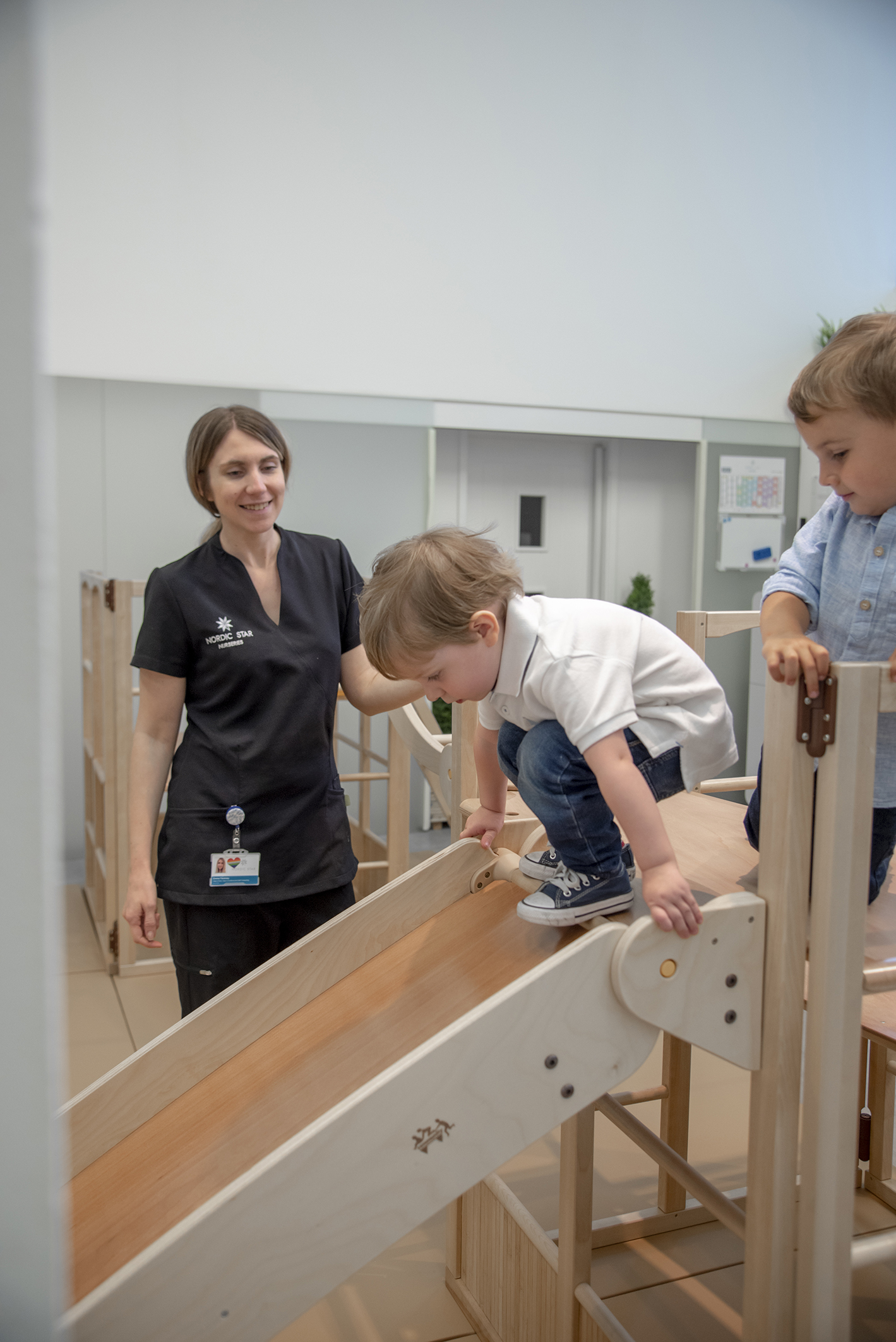
Key principles of Finland’s early childhood education model
Equality and Access for All
One of Finland’s strongest beliefs is that every child deserves high-quality education, regardless of family income or background. Most families benefit from free or highly subsidised preschool, and support is available for children with special needs or from diverse linguistic backgrounds.
Highly qualified teachers
In Finland, early years educators are deeply respected. Every preschool teacher:
- Holds a university-level degree (often a Master’s)
- Is trained in child development and psychology
- Receives ongoing training to stay current with best practices
Learning through nature and real life
Children in Finland spend hours outdoors every day, even in cold weather. Why?
- Nature inspires curiosity and physical confidence.
- Real-world experiences make learning stick.
- Seasonal changes drive themed learning (e.g. “autumn leaves,” “spring animals”).
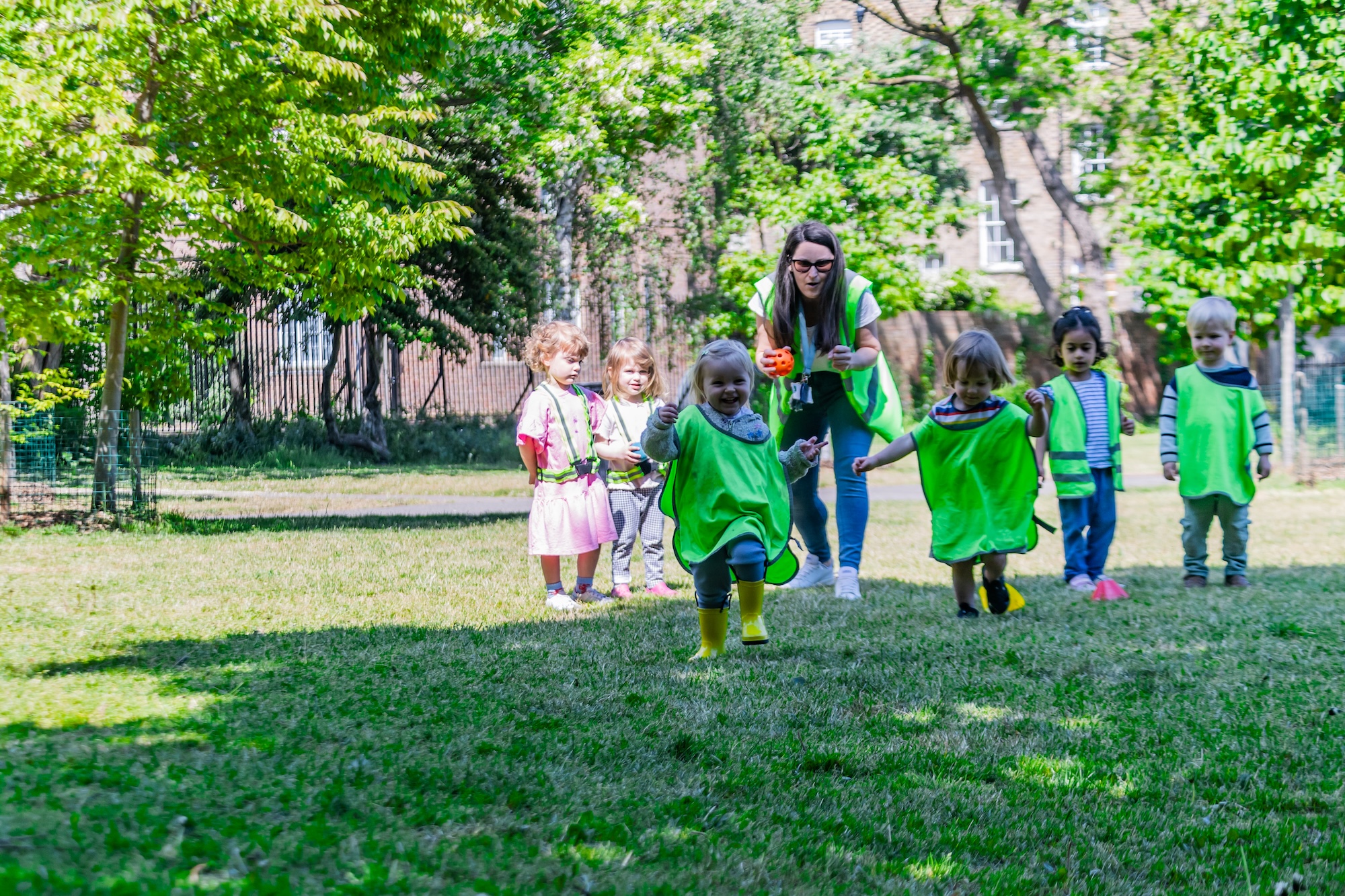
How this model prepares children for the future
Emotional intelligence as a core skill
In Finland, empathy and communication are valued just as highly as literacy and numeracy. From an early age, children are encouraged to express their feelings with words, understand the emotions of others, and resolve conflicts peacefully. By learning to navigate their own emotions and relationships, children build resilience, cooperation, and leadership skills that will support them throughout their lives.
Lifelong learning and creativity
Because Finnish preschools encourage questioning and exploration, children grow into self-directed learners who are not afraid to try, make mistakes, and try again. They learn to think creatively and find their own solutions to problems, building confidence and curiosity that lasts far beyond the early years.
Academic success comes later and lasts öonger
Finnish children don’t start formal academics until age 7. Yet they consistently outperform their peers worldwide in:
- Reading
- Maths
- Science
Finland shines in “adult Pisa” ranking | Yle News
How FinlandWay® brings this to the World
Adapting the Finnish model for global communities
At FinlandWay® Schools, we bring Finland’s renowned early childhood education approach to communities around the world, spanning four continents.
Our curriculum stays true to Finland’s child-first philosophy while embracing and respecting local cultures, creating meaningful learning experiences for every child.
Curriculum that reflects real children’s needs
We don’t believe in a one-size-fits-all approach. Instead, we offer playful, phenomenon-based and participatory-based learning that connects to children’s real lives, activities that build emotional intelligence and confidence, and regular, open communication with parents alongside active community involvement.
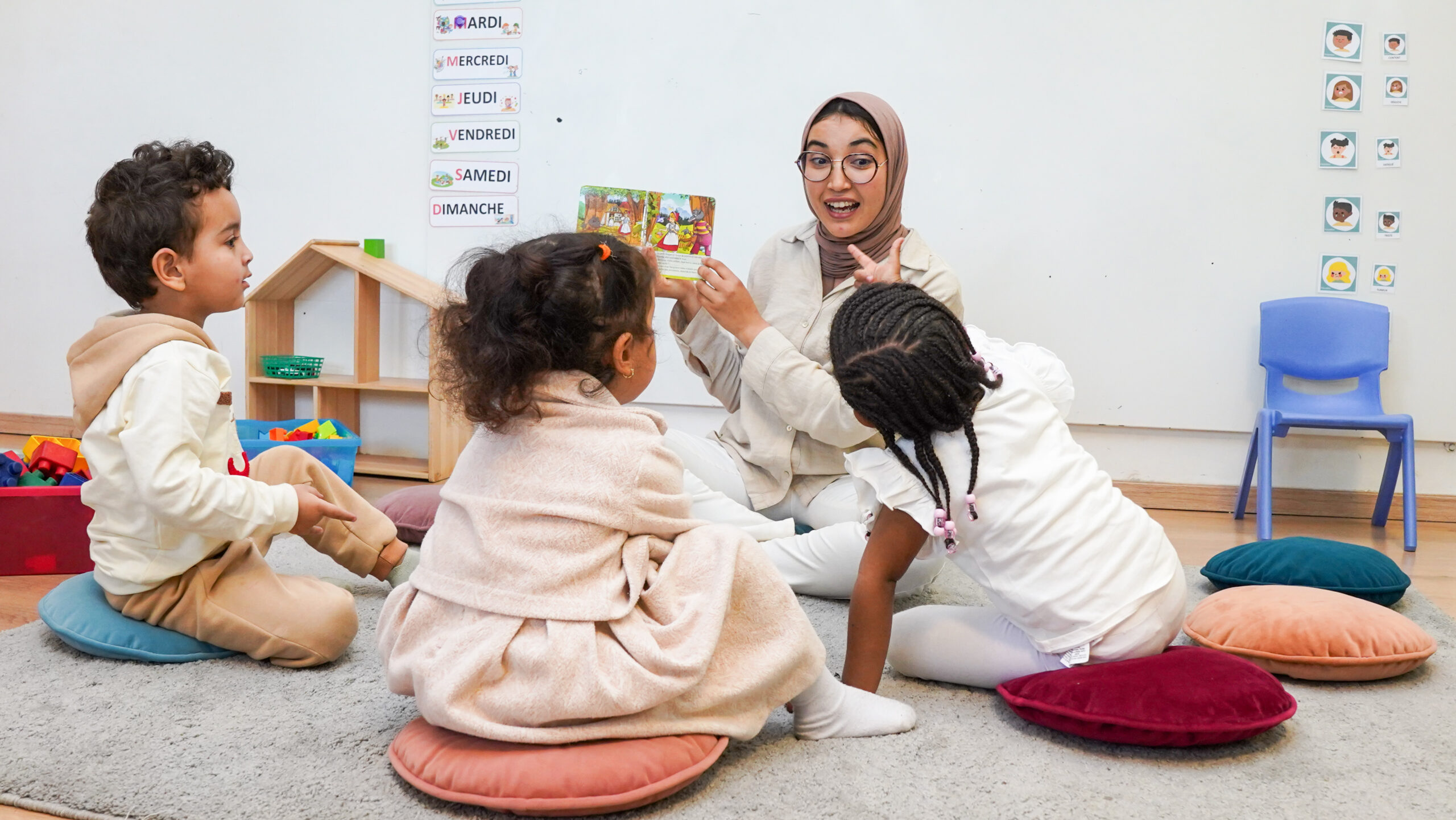
Comparing Finland’s early childhood education with other systems
| Feature | Finland | Traditional Models |
| Focus | Holistic Development | Academic Readiness |
| Assessment | Observation & Portfolios | Tests & Grades |
| Learning Environment | Nature-based, child-centred | Desk-based, teacher-led |
| Teacher Role | Facilitator and Nurturer | Instructor |
External recognition and research support
Finland’s model isn’t just popular, it’s proven by research.
- According to UNESCO, quality early childhood education boosts lifelong learning outcomes.
- Harvard highlights the importance of social-emotional development in the early years.
- Edutopia celebrates Finland’s whole-child approach as a model for other countries.
Faq – early childhood education in Finland
Why is there no testing in Finnish early childhood education?
Because learning happens best when children feel safe and supported. Teachers observe learning through play and conversation, not standardised tests.
How does Finland’s approach benefit long-term academic performance?
Children build strong foundations in confidence, communication, and problem-solving, which translate into stronger academic results later on.
Can this model work outside Finland?
Yes! At FinlandWay®, we’ve adapted the model successfully in diverse cultures while staying true to its child-first core.
Conclusion
Finland’s early childhood education model is shaping a generation of confident, curious, and emotionally intelligent learners. With its focus on joy, connection, and discovery, it shows that happy childhoods lay the strongest foundations for lifelong success.
At FinlandWay® Schools, we bring this vision to life every day, giving children the best possible start for a bright future.
➡️ Explore our international programmes today at
👉 https://finlandwayschools.com
